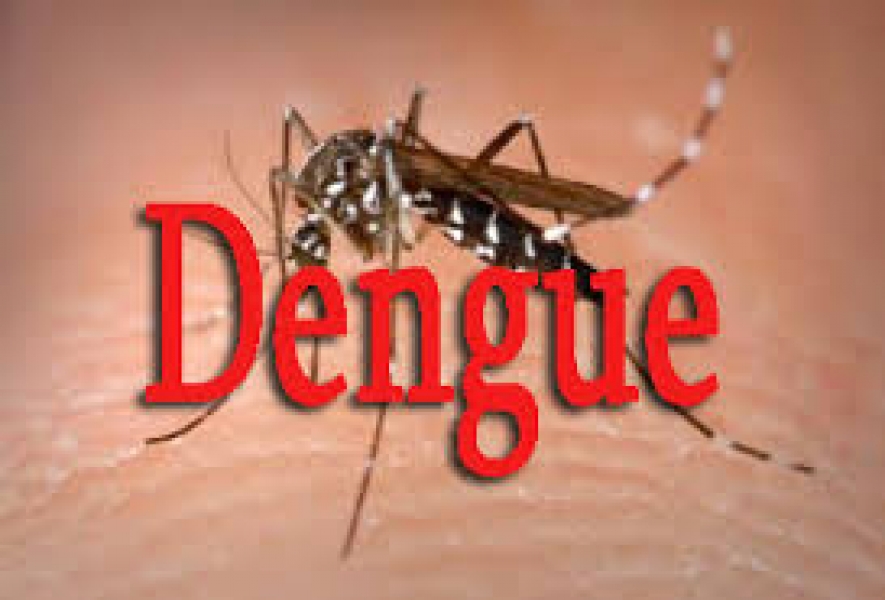During the last 10 month of the year 2015, 22,313 suspected dengue cases have been reported to the Epidemiology Unit from all over the island. Approximately 51.03% of dengue cases were reported from the Western province. The highest numbers of dengue cases were reported during the fourth week of 2015. This situation warrants regular removal of possible mosquito breeding sites from the environment. It is also important to seek medical attention in the event of fever by day three of the illness.
Dengue fever is caused by a virus of the RNA category. The disease is spread by the bite of two species of mosquitoes - Aedes aegypti and Aedes albopictus.
Symptoms
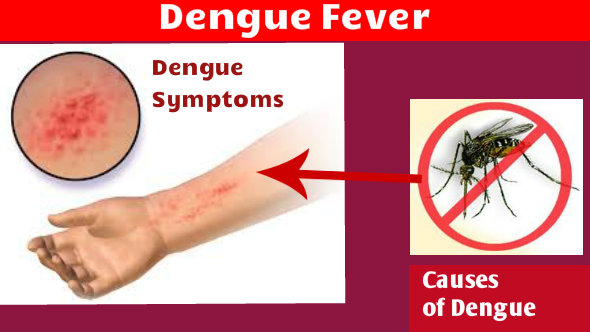 Symptoms of dengue include fever, headache, rash and pain behind the eyes like in most other viral fevers. However severe pain in the muscles and joints is a common and distinguishing feature of dengue. Some patients develop only milder symptoms that may be considered as influenza or another common viral infection. Typically dengue fever lasts around five to seven days.
Symptoms of dengue include fever, headache, rash and pain behind the eyes like in most other viral fevers. However severe pain in the muscles and joints is a common and distinguishing feature of dengue. Some patients develop only milder symptoms that may be considered as influenza or another common viral infection. Typically dengue fever lasts around five to seven days.
Some species such as guppies, goldfish, (above) fathead minnows and mosquito fish feed on mosquito larvae
Dengue haemorrhagic fever (DHF) which is dengue fever complicated by bleeding, also shows high fever, but when the fever starts settling there are signs of variable degree of bleeding from sites such as under the skin, with stools or in the white area of the eye mainly due to a low platelet count. A small proportion of cases can become very ill and even collapse, leading to dengue shock syndrome (DSS) which has a high mortality.
The virus causing dengue occurs in four different serotypes, DEN-1, DEN- 2, DEN- 3 and DEN- 4. Contracting one form of dengue fever provides lifelong immunity only for that serotype, but not for other serotypes. When a person who has already got over an infection from one serotype of the disease contracts another serotype, it is possible that he or she, could go into severe forms of the disease such as DHF or DSS.
Treatment
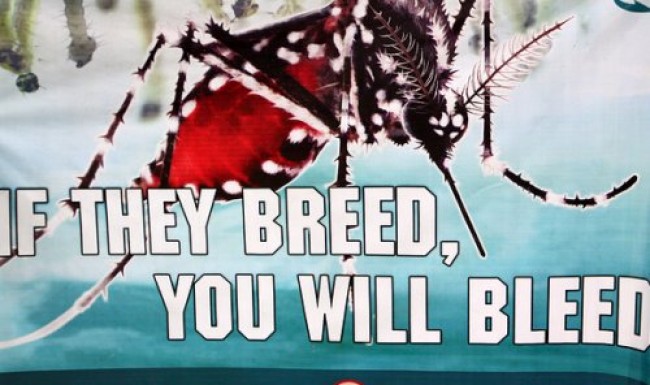 There is no specific treatment for dengue fever. Supportive treatments include bed rest, pain relieving drugs and maintaining the fluid balance. Certain drugs like aspirin and non-steroidal anti-inflammatory drugs (NSAIDs) need to be avoided as they could add to the bleeding tendency.
There is no specific treatment for dengue fever. Supportive treatments include bed rest, pain relieving drugs and maintaining the fluid balance. Certain drugs like aspirin and non-steroidal anti-inflammatory drugs (NSAIDs) need to be avoided as they could add to the bleeding tendency.
The Ministry of Health has issued clear guidelines on clinical management of dengue fever and DHF. The mortality rate for dengue in Sri Lanka seen in the present epidemic is around 1%. The high mortality rate in the present epidemic may be probably due to the high virulence of the viral strain as the majority of dengue patients have died within a few hours of admission.
Prevention
Theoretically there are three possible methods of prevention.
Vaccination
There is no vaccine to prevent dengue, although several vaccines are currently being developed.
Mosquito control
This is the only reliable method at this point in time and is currently being used in Sri Lanka.
Eliminate the virus causing the disease from humans and if possible from the mosquito host. There is no drug to kill the virus while within the human body. However, antibodies produced naturally by the body will eliminate the virus which results in healing spontaneously at the end of 5-7 days.
Mosquito control
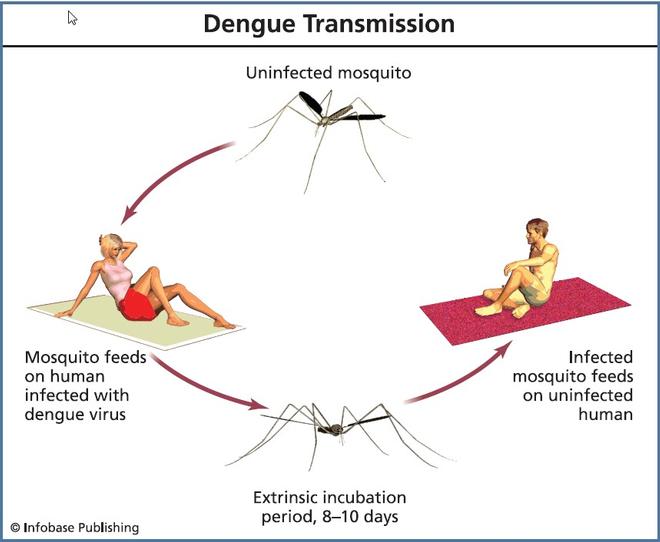 This is the main method to control dengue fever at present. The problem can be addressed at different levels.
This is the main method to control dengue fever at present. The problem can be addressed at different levels.
Larval control.
Adult mosquito control.
Prevention of being bitten by Aedes mosquitoes.
The life cycle details of the mosquito are useful in planning the control of mosquitoes. The life span of an adult Aedes mosquito is 15 to 65 days. The eggs of Aedes mosquitoes are able to withstand long periods of desiccation even, as long as one year. However, the egg cannot survive at lower temperatures below 10oC and therefore this mosquito is not present in cold climates with such temperatures.
Larval control
a) In urban areas, Aedes mosquitoes breed on water collections in man made containers such as plastic cups, used tyres, broken bottles, coconut shells, flower pots etc. The removal and elimination of discarded items mentioned above and by periodic cleaning and draining of water from the containers that are in use is the most effective way of reducing the breeding ground for mosquitoes.
b) Rearing mosquito eating fish (dunks) in ponds and fish tanks is an effective method. Some species such as guppy, goldfish, fathead minnows and mosquito fish feed on mosquito larvae. The Queensland Institute of Medical Research in Australia and Vietnam's Ministry of Health carried out research to encourage placing a water bug, the crustacean Mesocyclopes in water tanks which destroyed the mosquito larvae.
c) Larvicide treatment of water collections. This is not an environmentally friendly method, as drinking water could get polluted.
d) Introduction of Bacillus thuringiensis israelensis, is considered a partially effective way of treating water jars to combat dengue mosquitoes. This had been tried in Cambodia and few other countries.
Adult mosquito control
Fogging with insecticides is effective in reducing the adult mosquito load, but there are several limitations in this method.
There are other methods of adult mosquito control still under experimental stage.
Prevention of the bite of Aedes mosquitoes
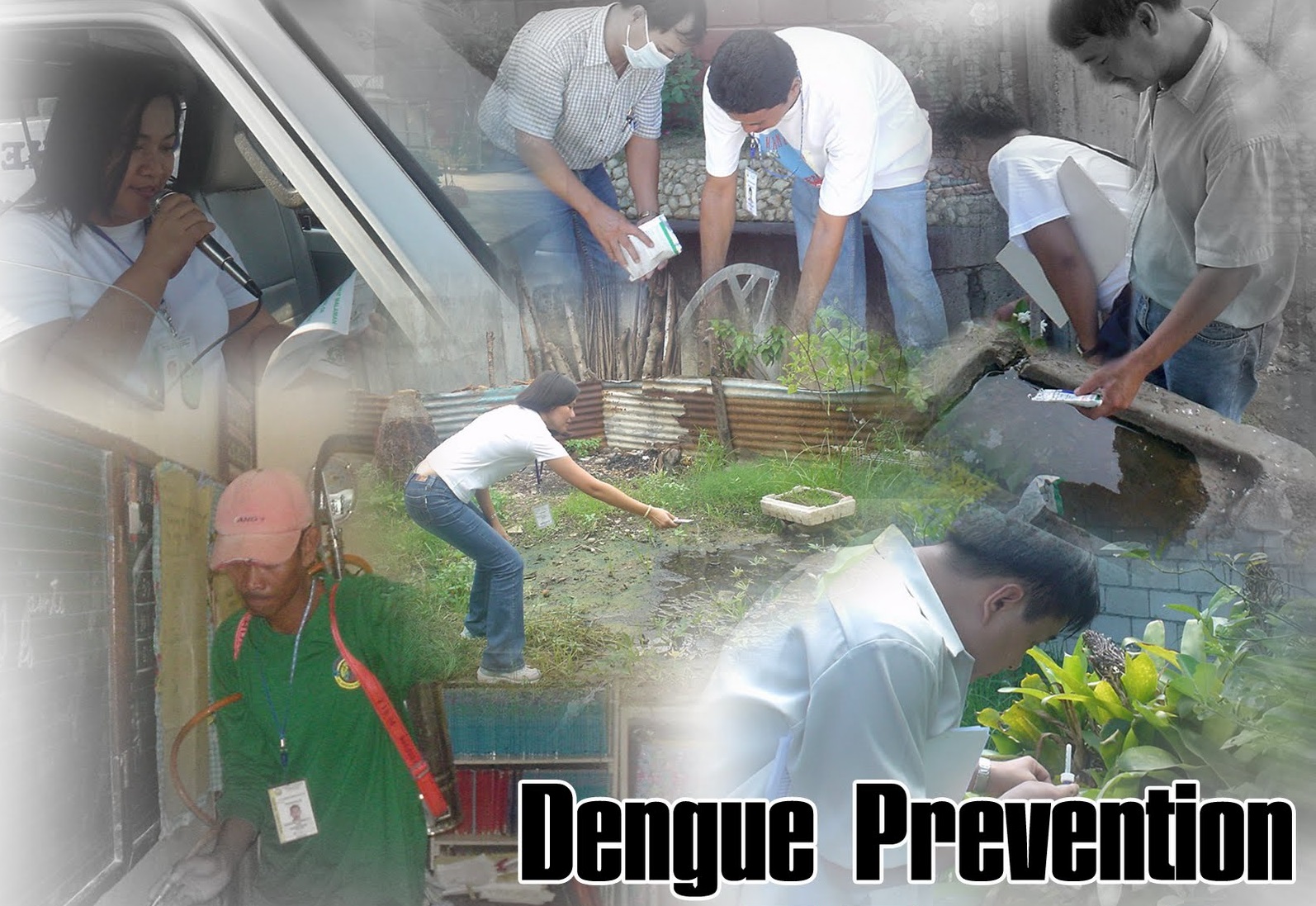 a) Use of mosquito repellents
a) Use of mosquito repellents
b) Use of mosquito nets has a limited value as Aedes mosquito bites during day time.
c) Wearing long sleeved shirts and long trousers/ pants/sarongs etc. during the day may be effective to some extent.
Dealing with complications
Only a small percentage of patients with dengue fever progress into complications such as dengue haemorrhagic fever (DHF) or dengue shock syndrome (DSS). At present there are no specific drugs available to prevent complications.
As at present, the most effective method of dengue control is the elimination of the mosquito breeding places, and the only means of preventing deaths due to dengue fever is to seek medical treatment in a hospital as soon as the possibility of dengue is considered without losing precious time by trying traditional remedies, or other measures, because it is the intensive supportive therapy which is critically important to the patient with complications of dengue. This is available in the state health care system.


